SCORES of entrepreneurs have left empty-handed after a verbal lashing from the Dragons – but some plucky contestants go on to have the last laugh.
Rachel Lowe has become the latest business person to take her rejected Dragons’ Den pitch – a board game inspired by cab drivers – away and rake in millions by going it alone.
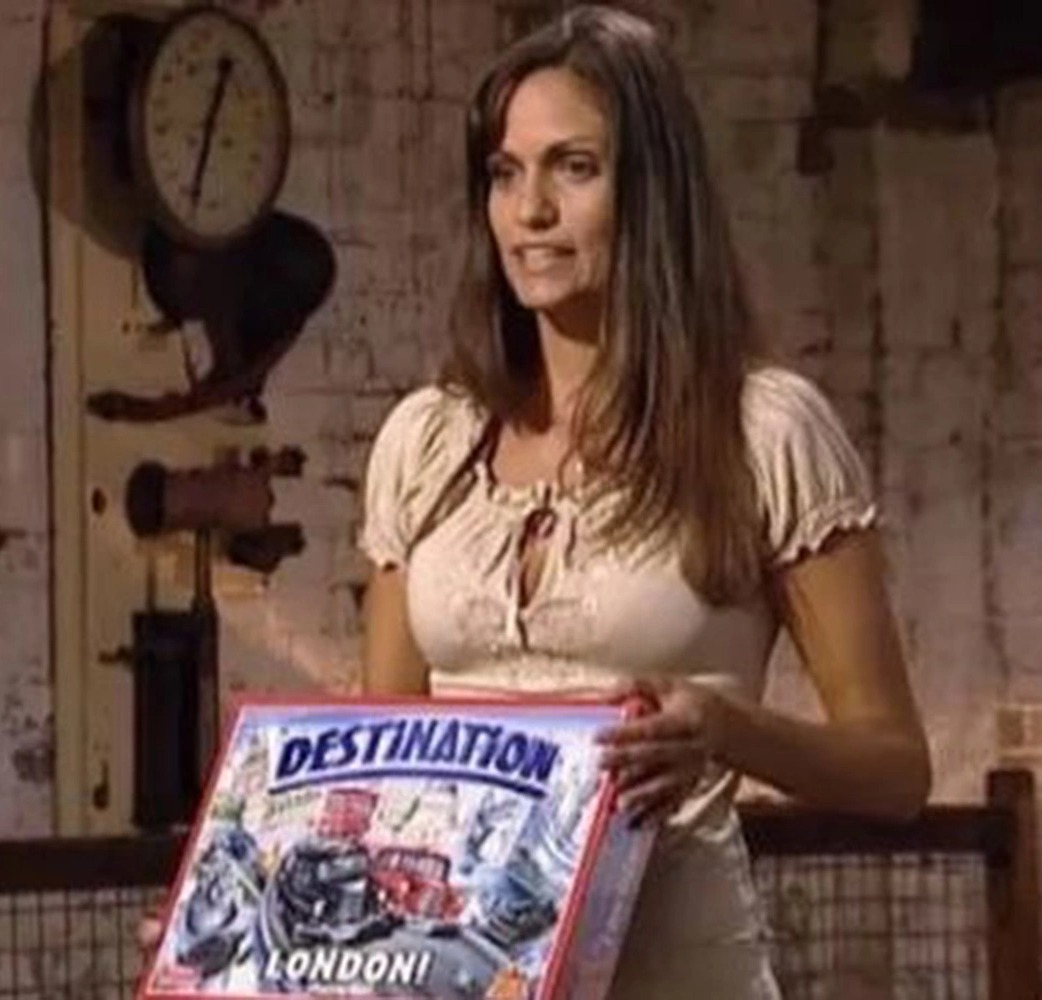
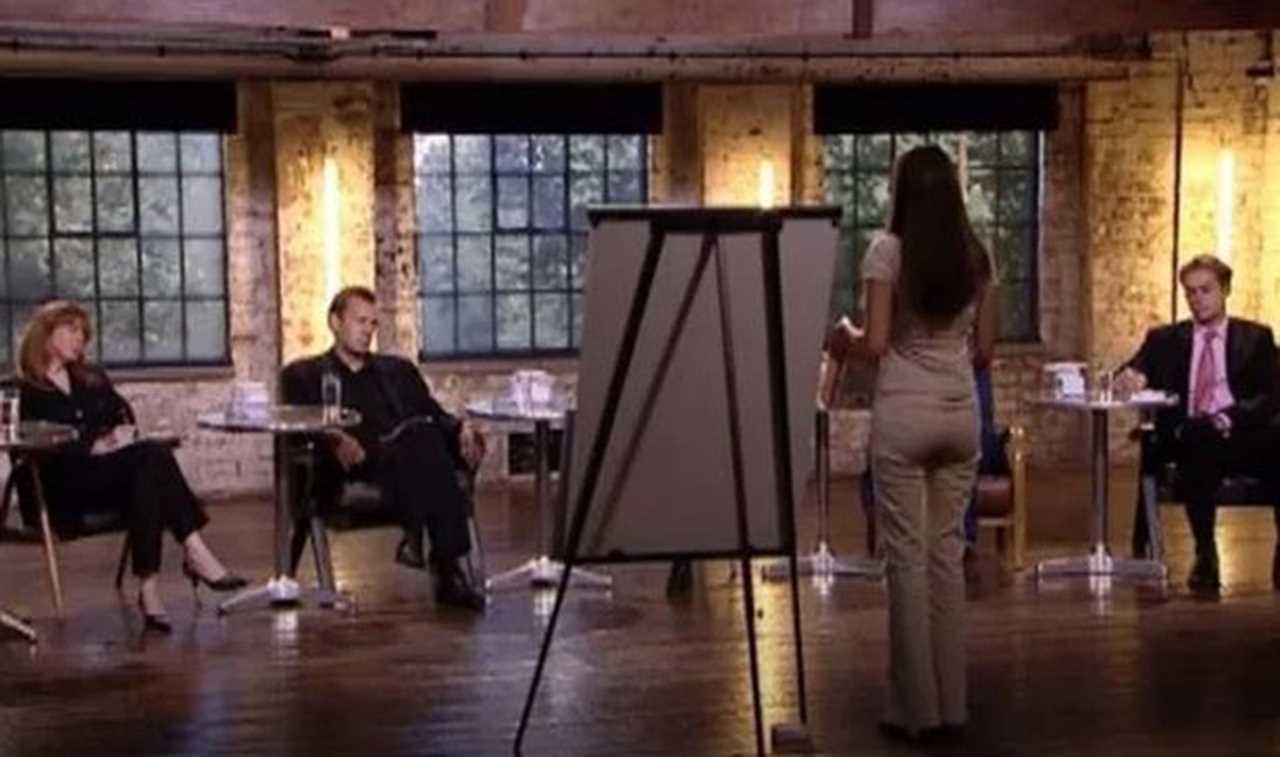
Back in 2004 she asked for a £75,000 investment for her game The Destination, which sees players ride around streets and try to collect the most fares.
Despite being turned down, Rachel’s creation went on to outsell Monopoly in its first year, after she secured a deal with toy retailer Hamleys, and now she has a net worth of £96million.
She came up with the idea while working as a taxi driver to pay for a law degree.
Rachel has since been awarded an MBE for her services to business and has launched other products.
These include a Beano board game to celebrate 70 years since Dennis the Menace‘s first appearance.
Rachel is far from the only one to make it as an entrepreneur without the dragons’ backing.
The business bigwigs rejected pitches from BrewDog, Tangle Teezer and more.
Here we look at the opportunities that the dragons will be kicking themselves for missing out on.
£1.8billion blunder
The biggest missed opportunity in Dragons’ Den history didn’t even make it to air.
In 2008, James Watt and Martin Dickie applied to go on the programme with their craft brewing business, BrewDog.
The pals were invited to do a screen test and pitched their plan to the show’s producers.
But bosses decided the company wasn’t worthy of investment, and the pair never even got to pitch directly to the dragons.
“We were totally crushed,” BrewDog CEO James wrote on LinkedIn earlier this year.
“We were prepared to offer the dragons 20 per cent for £100,000.
“Based on our latest BrewDog valuation, that investment would now be worth almost £360m, meaning the dragons missed out on by far the best deal in den history.
“We got over the rejection eventually. But it took a while.”
It’s unclear if the dragons got over it – or if remembering the blunder still leaves them needing a stiff drink.
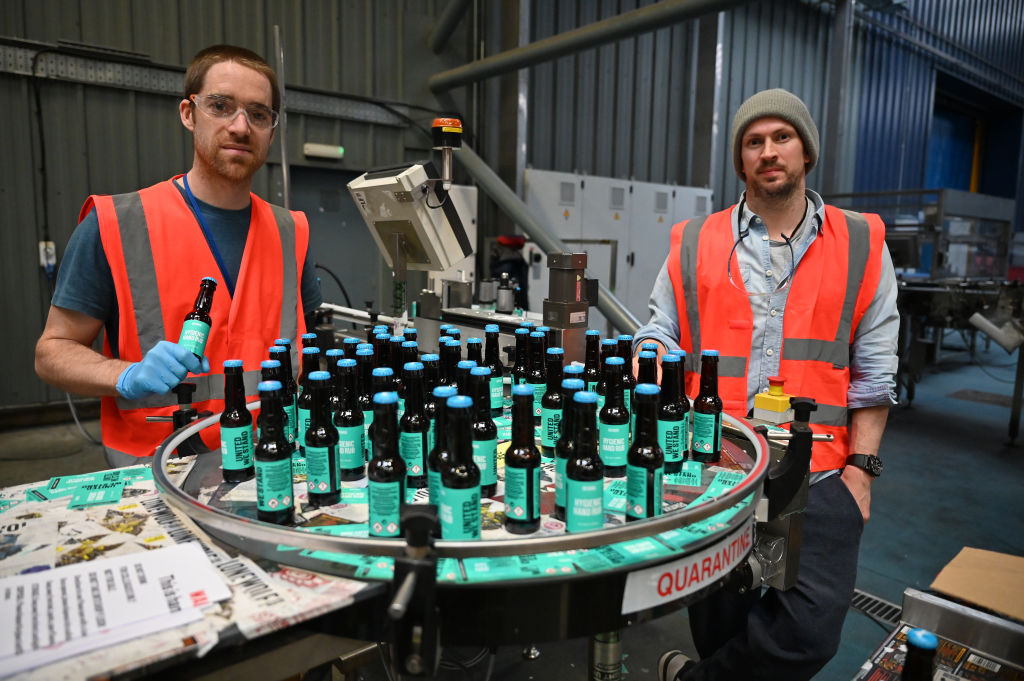
£200million stomach-turner
Another of the most successful businesses to appear on the show actually secured a deal which then fell through after the cameras stopped rolling.
Shane Lake and Tony Charles pitched their online takeaway ordering business Hungryhouse back in 2007.
James Caan and Duncan Bannatyne saw its potential and collectively stumped up £100,000 in exchange for each getting a quarter of the business.
But four months after leaving the den, Caan backed out of the deal.
That setback didn’t hurt Hungryhouse’s fortunes, however.
The firm soon found £150,000 from different investors and, by 2016, it had 10,000 restaurants on its platform.
It was ultimately sold to Just Eat for a cool £200million in 2016.
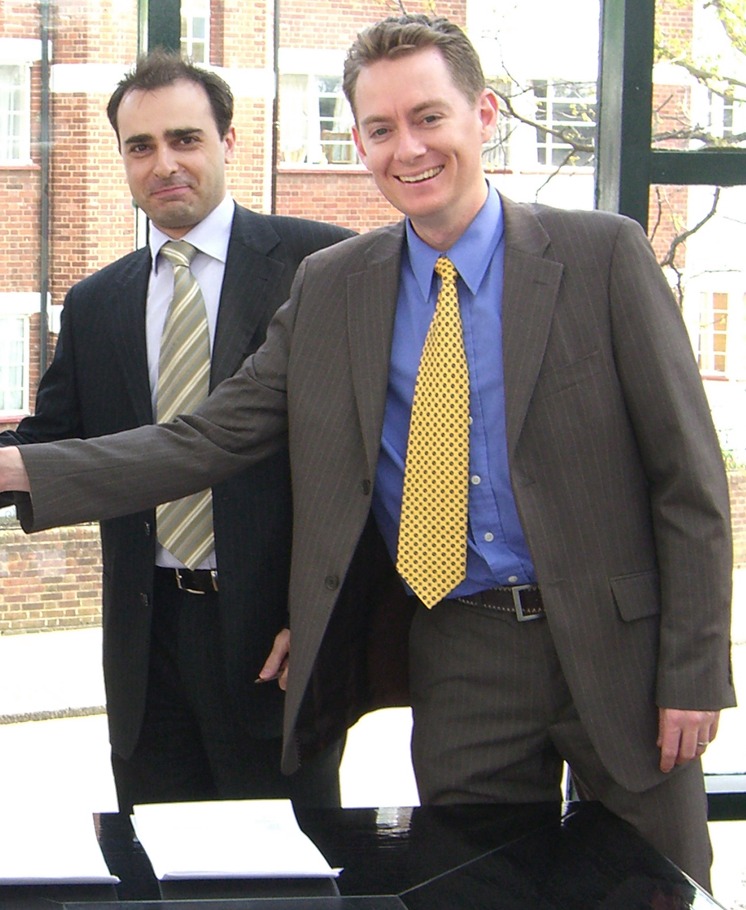
Supermodels’ choice
Shaun Pulfrey must have felt like tearing his hair out when Duncan Bannatyne told him his business wouldn’t make any money in 2007.
Hairdresser Shaun was asking for £80,000 in exchange for 15 per cent of his Tangle Teezer hairbrush designed to painlessly get rid of knots.
His pitch went awry when one of the combs snapped, and Deborah Meaden likened the product to a horse brush.
Shaun left without investment but refused to give up on his dream.
He remortgaged his flat and poured £98,000 of his own cash into the company – which quickly exploded.
After shifting 35,000 brushes in its first year, the company is now worth an estimated £65million.
And it’s even been backed by supermodels like Cara Delevingne and Victoria Beckham who love the product.
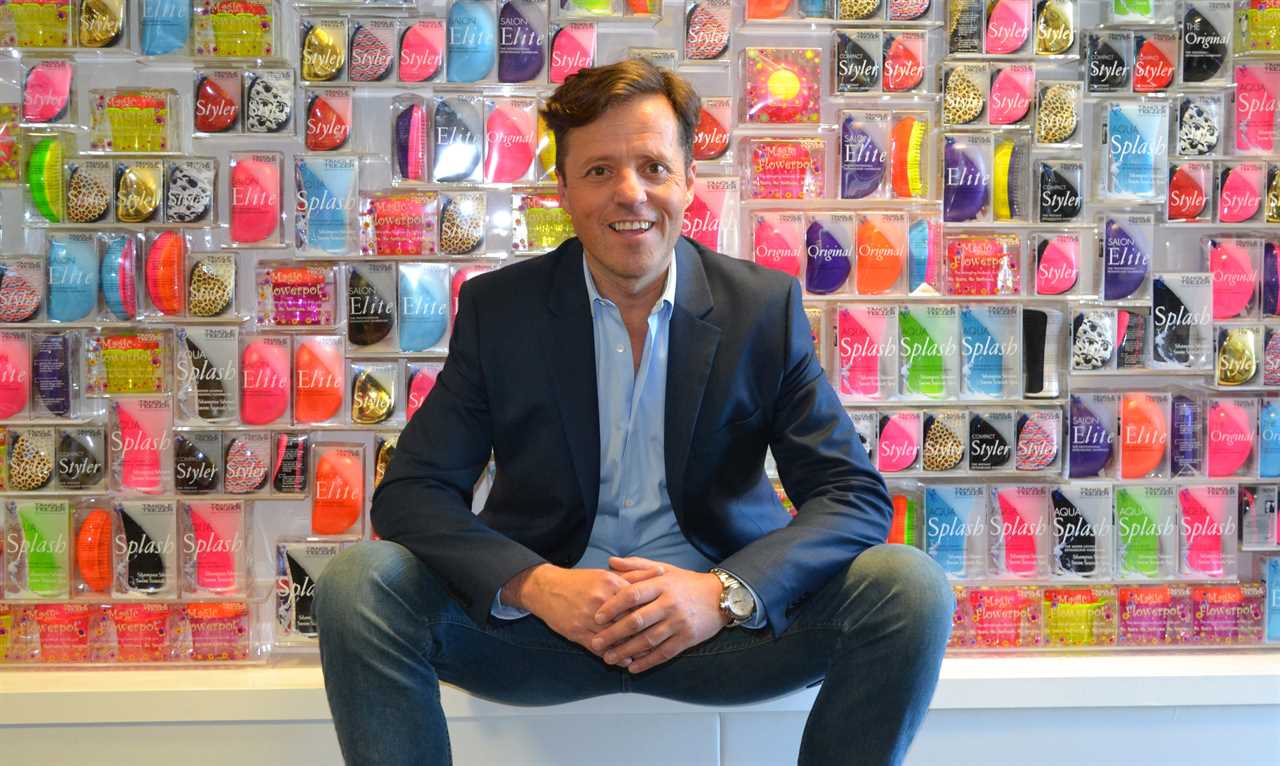
Case closed
Shaun isn’t the only success story who had a technical hitch during his Dragons’ Den pitch.
Rob Law was left red-faced when Theo Paphitis pulled the handle off his Trunki, a ridable suitcase for children.
“You shouldn’t come here with problems that can be solved,” Paphitis said, questioning the quality of Rob’s product.
“It drives me mad that we waste our time with these things.”
Aussie dragon Richard Farleigh did make Rob a £50,000 offer in return for 10 per cent equity – but that was only half of what Rob wanted.
The budding businessman decided to leave the Den without a deal and go his own way.
By 2016, a decade on from appearing on the show, Trunki had sold more than three million suitcases in over 100 countries around the world, and it had a turnover of £9.5million by 2018.
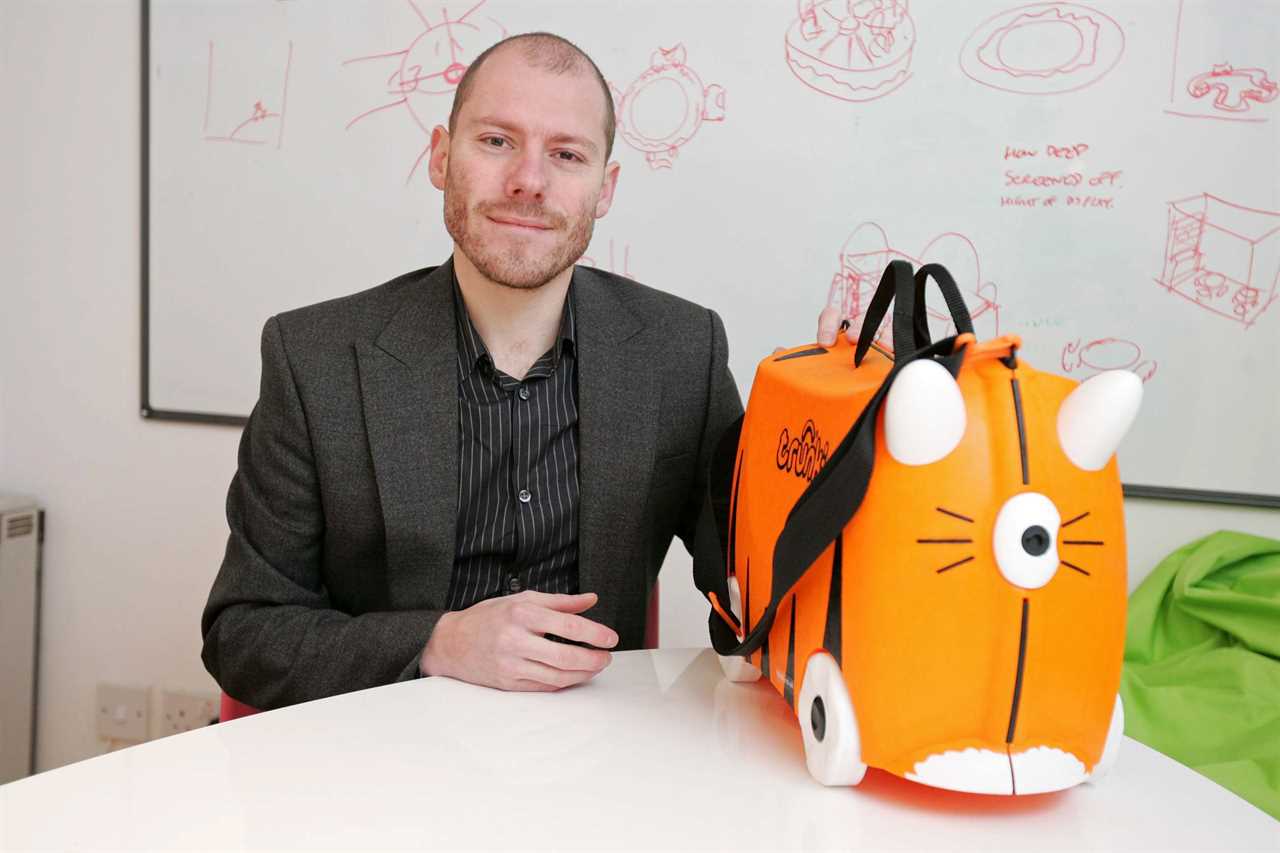
Bowled over
Natalie Ellis was told she was barking up the wrong tree with her non-spillable dog bowl.
The founder of Prestige Pets asked for £120,000 in return for 15 per cent of her company, believing her product would sell well in the US.
But the dragons didn’t bite at the chance to invest in her Road Refresher bowl in 2008.
After following her own lead, Natalie made her first million a year later by selling online.
Around 40 per cent of the sales came from the States.
The product was even ordered by Barack Obama for his beloved dog, Bo, who passed away earlier this year.
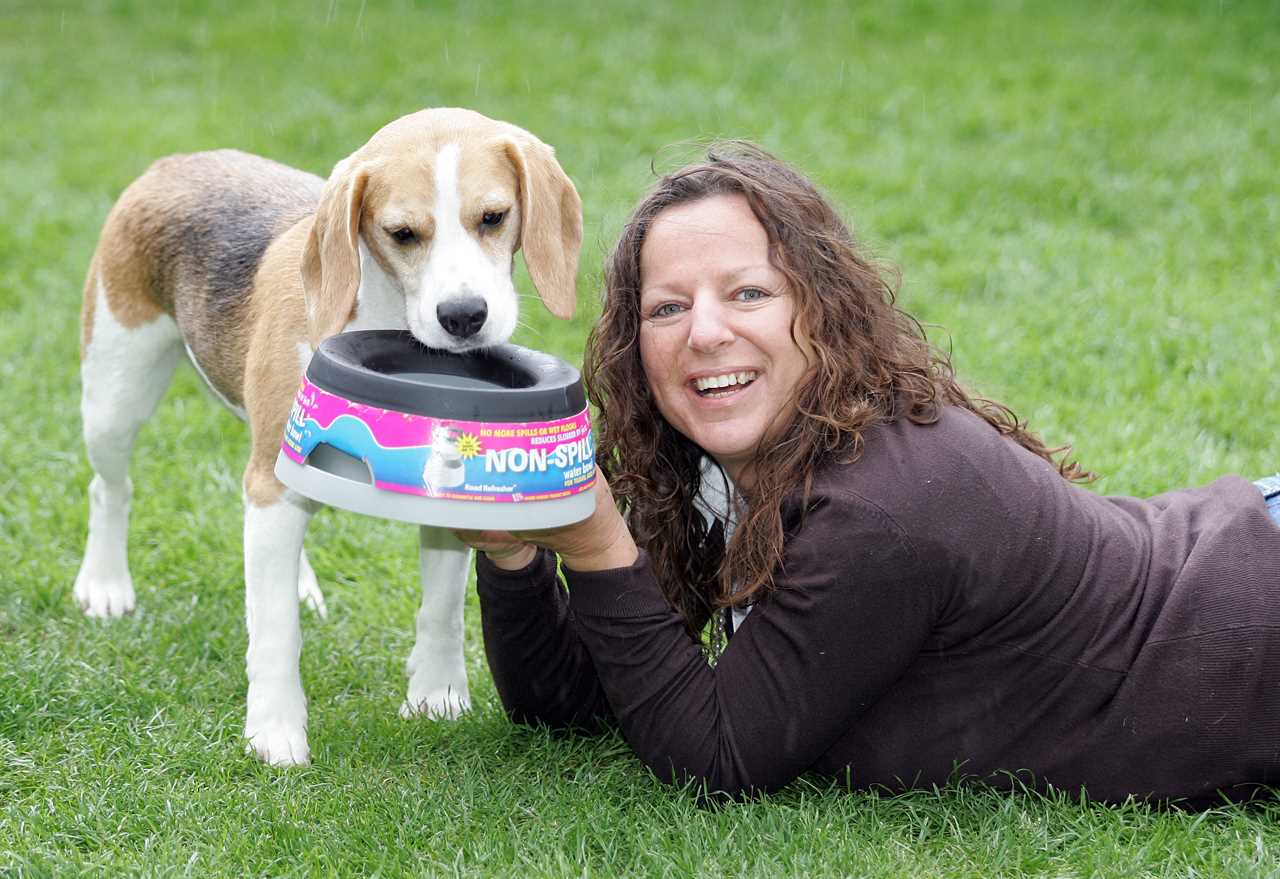
From ‘tacky’ to tycoon
James Nash had insult added to injury when he failed to secure an investment for his wine product, which Duncan Bannatyne branded “tacky”.
Nash asked for £250,000 investment in return for a quarter of his business selling plastic cups with a foil top containing a single serving of wine.
“It was disheartening to be dismissed by all the dragons, but I knew I had a great concept which would work in outdoor events, BBQ, picnics, concerts and wouldn’t give up,” Nash later told the Mail.
A year after being booted out of the den, Marks and Spencer snapped up his cup-a-wine idea and were soon struggling to keep up with demand.
M&S even used the concept for its award-winning Le Froglet wine.
The retailer added that the product was going down a treat with holidaymakers at tourism hotspots and with commuters.
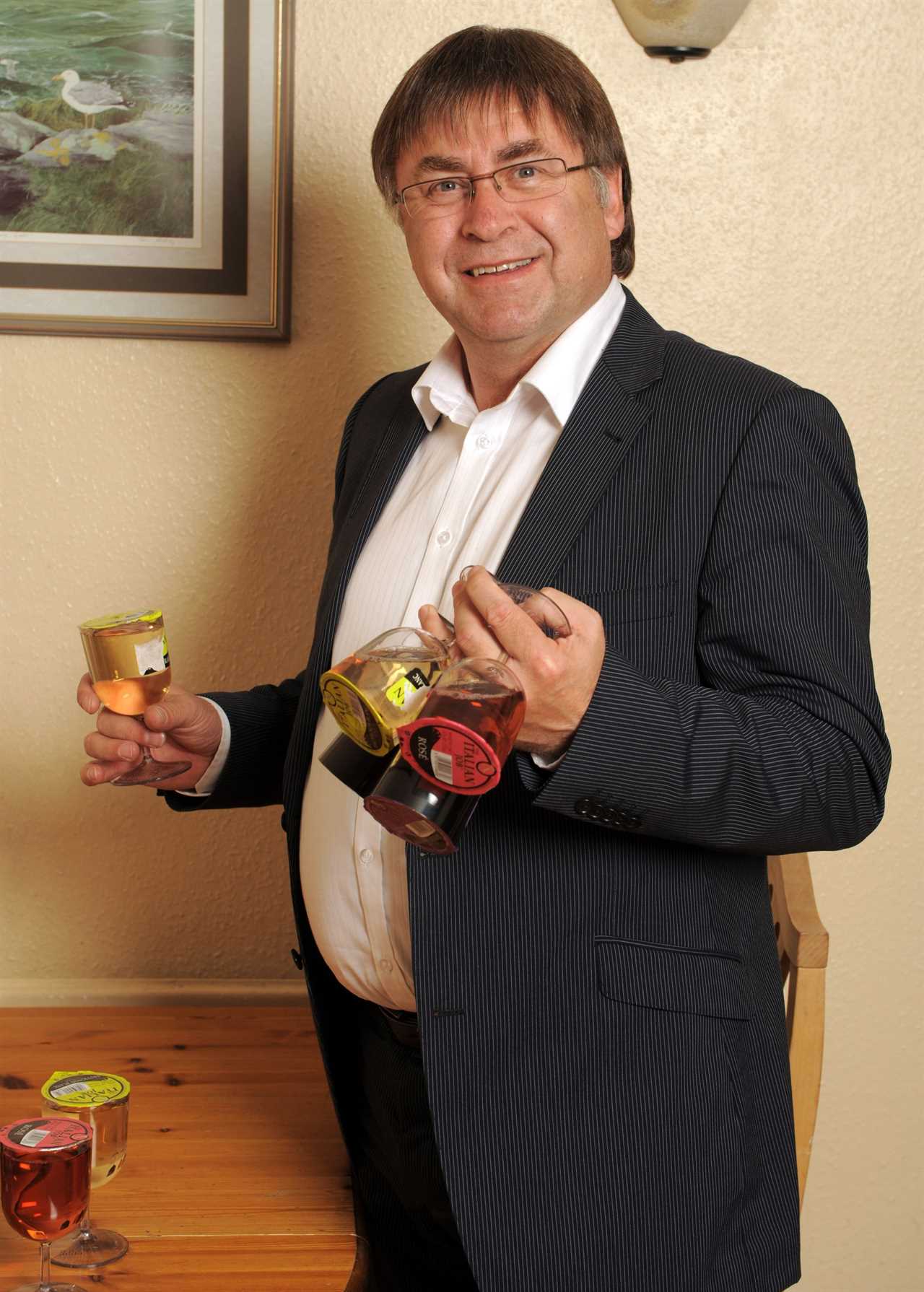
Gum deal
Keir Carnie’s plastic-free chewing gum landed a huge supermarket contract after he was rejected by the Dragons.
His plant-based Nuud gum ultimately didn’t land the £50,000 investment that he asked the dragons for, with Deborah Meaden fearing that big markets would ruin the company’s prospects.
Since appearing on the BBC show, Carnie has proved her wrong by bagging a huge deal that will see Nuud sold in 260 Waitrose stores across the UK.
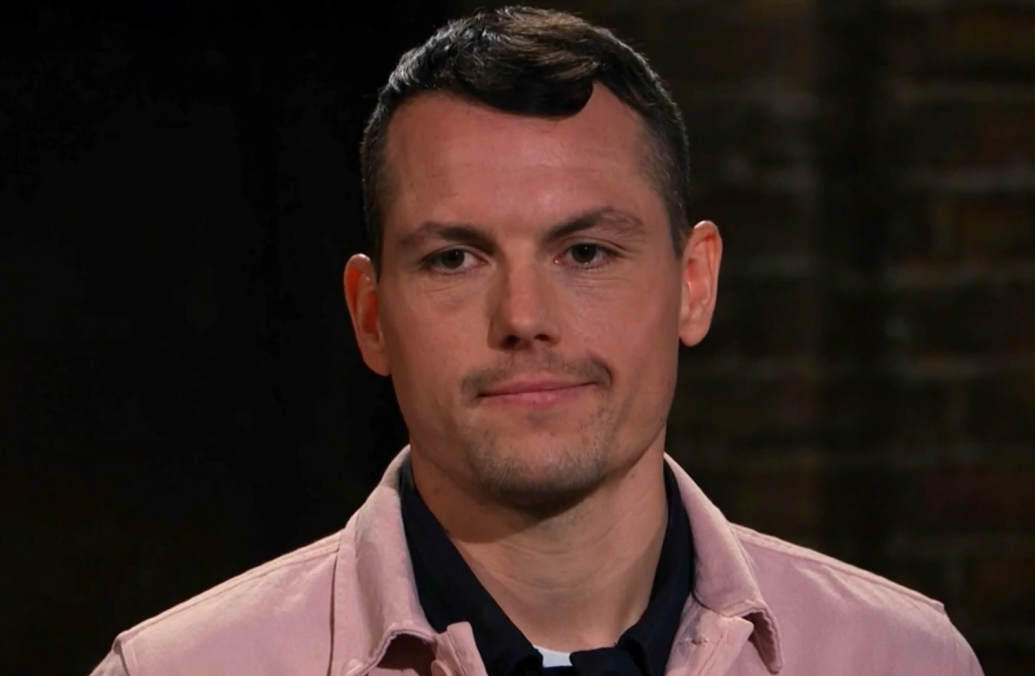
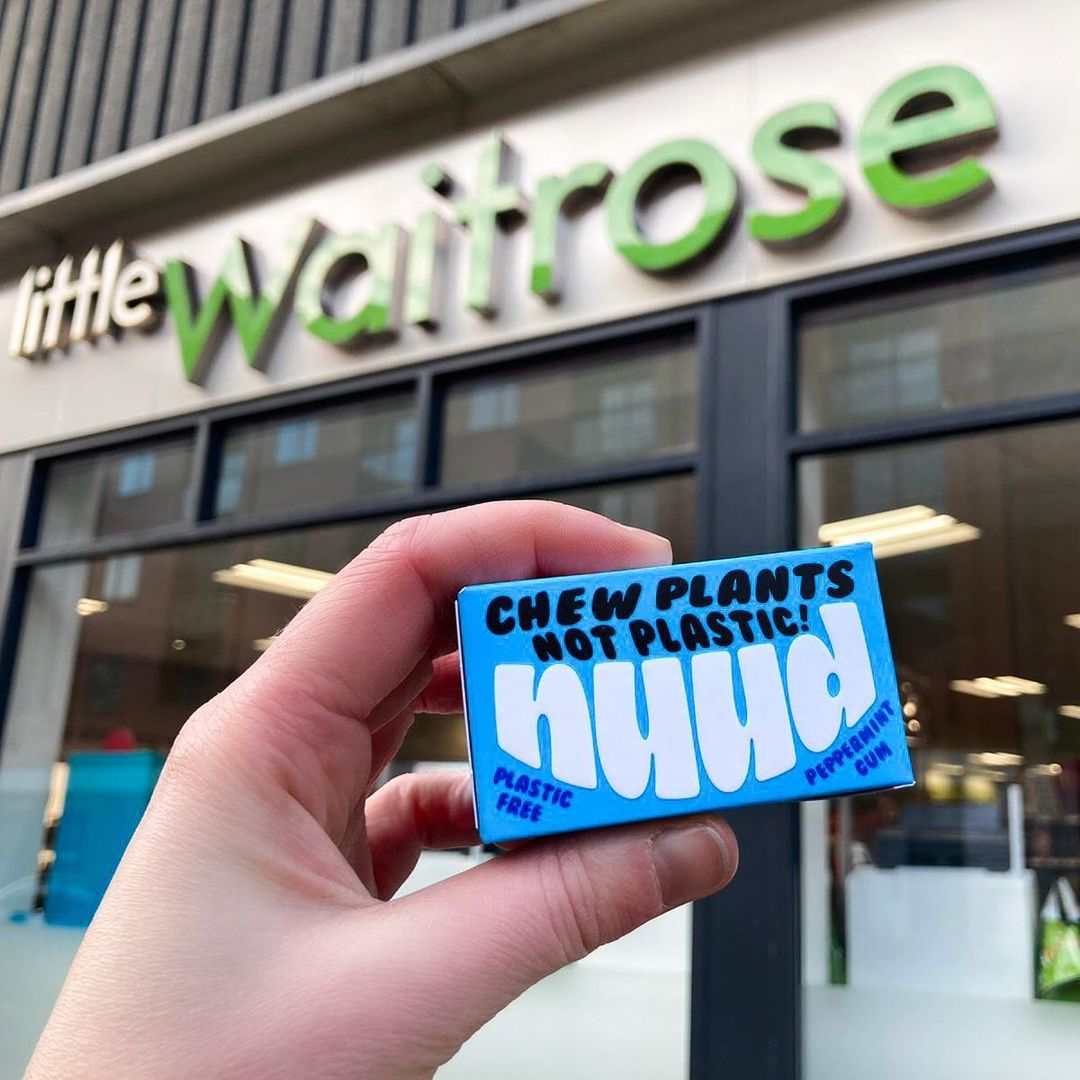
Did you miss our previous article...
https://thecelebreport.com/television/susanna-reid-gets-emotional-as-she-says-her-heart-breaks-for-travis-scott-astroworld-tragedy-victims






